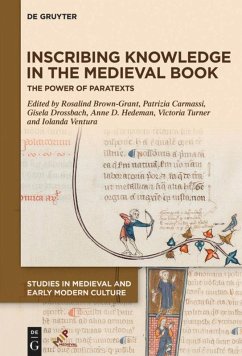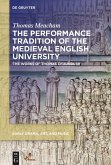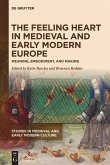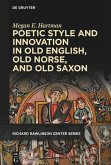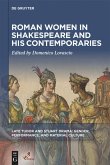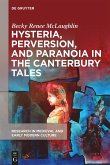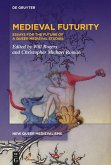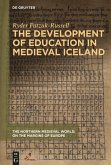This collection of essays examines how the paratextual apparatus of medieval manuscripts both inscribes and expresses power relations between the producers and consumers of knowledge in this important period of intellectual history. It seeks to define which paratextual features - annotations, commentaries, corrections, glosses, images, prologues, rubrics, and titles - are common to manuscripts from different branches of medieval knowledge and how they function in any particular discipline. It reveals how these visual expressions of power that organize and compile thought on the written page are consciously applied, negotiated or resisted by authors, scribes, artists, patrons and readers. This collection, which brings together scholars from the history of the book, law, science, medicine, literature, art, philosophy and music, interrogates the role played by paratexts in establishing authority, constructing bodies of knowledge, promoting education, shaping reader response, and preserving or subverting tradition in medieval manuscript culture.

